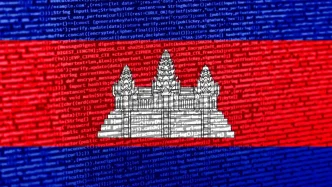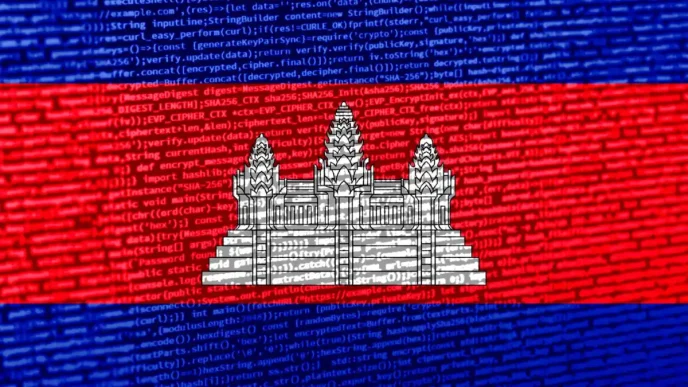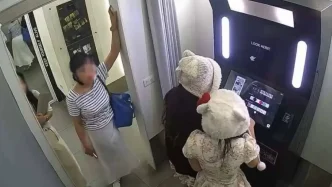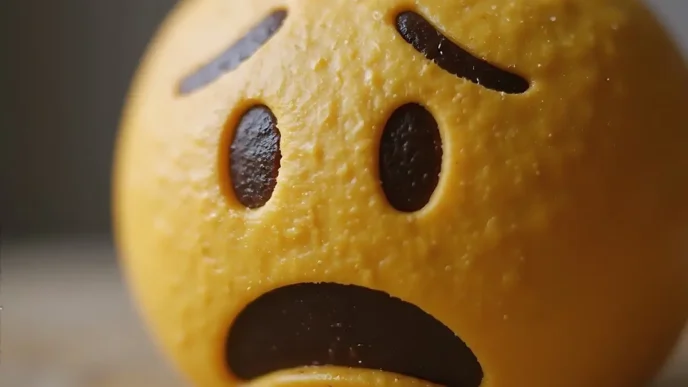In the heart of Đắk Lắk Province, amidst the rolling hills of Vietnam’s Central Highlands, Đắk Trung Prison is quietly transforming lives. Home to over 3,000 inmates, the facility in Ea Kpam Commune, Cư M’Gar District, has become a beacon of hope for many who seek to rebuild their futures. Through vocational training and educational programmes, the prison is equipping inmates with skills and confidence, offering them a tangible path to reintegration into society.
A Workshop of Second Chances
Inside the prison’s woodworking unit, the air hums with the sound of saws and the scent of freshly cut timber. Inmates, focused and meticulous, plane, carve, and assemble furniture with a precision that belies their pasts. For many, this workshop is more than a place of labour—it is a classroom for redemption.
P.V.Đ., a 52-year-old inmate from Đắk Nông Province, has spent six of his nine-year sentence for abusing trust to appropriate property mastering the craft of carpentry. Now the team leader of his subdivision’s woodworking unit, he creates tables, chairs, and cabinets with skill and pride. “When I first arrived, I knew nothing about this trade,” he recalls. “Thanks to the guidance of prison officers, I have a skill now. After my release, I plan to open a carpentry workshop in my hometown and start anew.”
Similarly, 28-year-old N.T.C. from Krông Ana District, serving a three-year sentence for intentional infliction of injury, has found purpose in woodworking. With dreams of supporting his parents and creating jobs for local youth, he sees his newly acquired ability to build furniture as a foundation for a better life. “Learning a vocation has given me motivation to improve myself,” he says.
Beyond carpentry, Đắk Trung Prison offers a range of training programmes, from handicraft weaving and motorbike repair to farming and construction. According to Colonel Lê Trọng Ngà, the prison’s deputy warden, most inmates arrive without vocational skills. Each year, the prison tailors its training based on local resources and climate, aiming for a success rate of 65-70% among participants. Income generated from inmate labour supplements their food rations and rewards those who show progress in rehabilitation.
Literacy as a Lifeline
Alongside vocational workshops, the prison runs literacy classes for inmates with limited reading and writing skills. These 18-month courses, divided into small groups, are a lifeline for many. V.V.T., a 40-year-old inmate from Buôn Ma Thuột City serving a ten-year sentence for illegal drug trading, learned to read and write during his time at Đắk Trung. Now able to correspond with his family and manage basic calculations for his woodworking tasks, he speaks of a renewed sense of hope. “Learning to read and write has shown me a brighter future,” he says.
These educational efforts are part of a broader mission to ensure inmates are not only skilled but also equipped to navigate life after release. Before completing their sentences, inmates receive consultations from political and social organisations about credit policies and financial resources, helping them apply their skills in the outside world.
Caring for the Youngest Residents
Đắk Trung Prison also houses a unique population: eleven children living with their incarcerated mothers, the youngest just under a month old. In line with Vietnam’s Law on Children and recent government decrees, the prison prioritises their nutrition, vaccinations, and medical care. On holidays like Children’s Day and the Mid-Autumn Festival, these children receive gifts, a small but meaningful gesture of normalcy.
N.H.B.T., a 24-year-old inmate from Khánh Hòa Province serving a 17-year sentence for murder, discovered her pregnancy after entering prison. Transferred to Đắk Trung last December with her newborn, she now balances caring for her child with assisting other mothers in the facility. “Seeing my child grow healthy gives me determination to reform,” she says, inspired by the support of prison officers and the prospect of leniency policies.
A Path to Redemption
The prison’s rehabilitation efforts extend beyond skills and education. Legal education classes, current affairs discussions, and family contact through visits and phone calls foster a humane environment. Health checks upon admission ensure suitable work assignments, while juvenile offenders are held separately with tailored education and labour arrangements.
Amnesty and sentence reduction policies further incentivise rehabilitation. Colonel Ngà explains that during amnesty periods, the prison transparently evaluates applications with input from inmates and the Amnesty Review Council. Last year, 63 prisoners were granted amnesty, a testament to the institution’s commitment to second chances.
Đắk Trung Prison stands as a model of how rehabilitation can be prioritised within the justice system. By fostering skills, literacy, and hope, it offers inmates not just punishment but a pathway to redemption—a chance to rebuild their lives and contribute to society upon release. For individuals like P.V.Đ. and N.H.B.T., this support is the difference between a past defined by mistakes and a future shaped by possibility.














